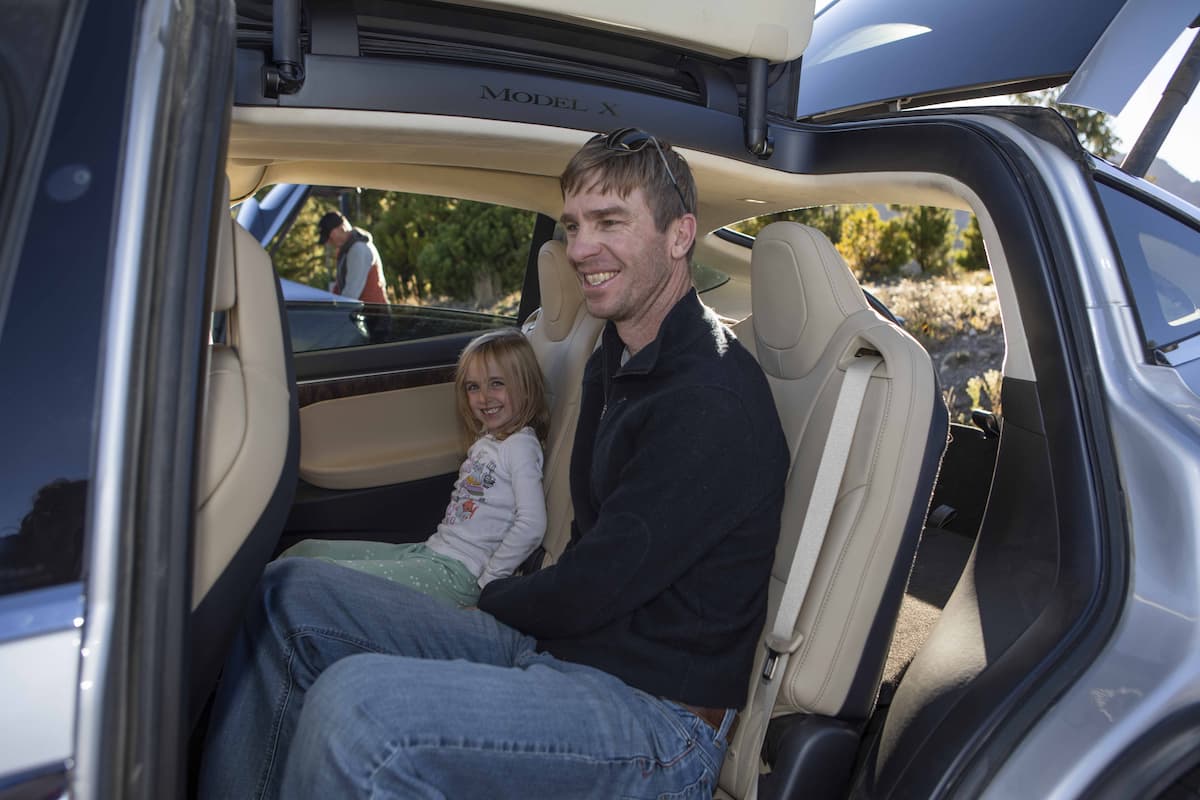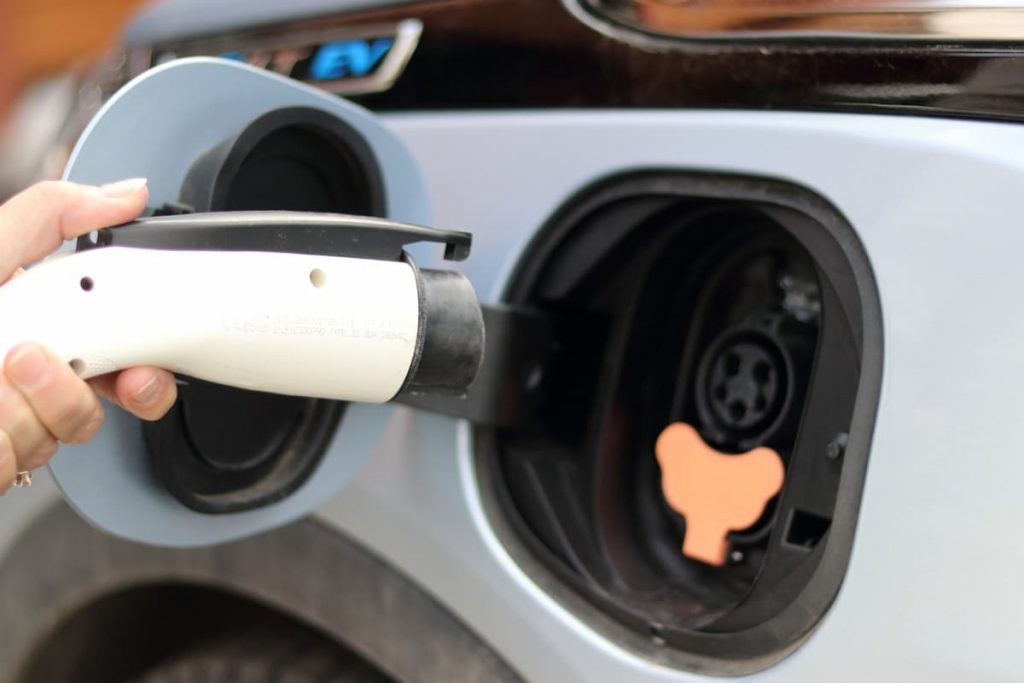
Dear Eartha, I recently heard that there are tax credits for electric cars — is that true?
Yep — it’s true! In fact, tax credits for electric cars have been offered by the federal government for over a decade. And during that time, the credit stayed the same — until this year. With the signing of the new Inflation Reduction Act a few weeks ago, incentives for electric vehicles — or EVs for short — are changing.
Available for both new and used vehicles, here are a few key takeaways about the updated tax credits. If you’re like me and you’ve got an old gas-powered car that’s due to be replaced in the next few years, understanding these extra incentives just might make buying an electric car seem pretty, well, electrifying.
The Future is electric
First thing’s first — which vehicles qualify? Because of new requirements (more on those below), not all EVs are eligible for the full $7,500 tax credit. To help buyers get started, the Department of Energy pulled together a preliminary list of 2022 and 2023 model-year vehicles that meet these requirements. You can also look up a car by VIN number to see what the potential tax credit would be. While there are a few dozen vehicles on the list currently, it should grow significantly over the next few years as automakers add more EVs to their fleets. On Jan. 1, 2023, Tesla and Chevrolet models will be eligible for tax credits again, too.
What else should you know? Taxpayers whose income is above an established threshold won’t be eligible for the credits. Nor will higher-priced vehicle models. When shopping, be sure to ask the dealer if a car you’re looking at has a credit available. Some really good, uncomplicated news? Starting in 2024, dealers will be able to offer the tax credit as an upfront discount to buyers. And don’t forget — Colorado offers EV tax credits, too.
Let’s face it — new cars are expensive. In June, Kelly Blue Book reported that the average price of a new car was over $48,000. Fortunately, with a new $4,000 tax credit, used EVs are now incentivized, too. The only thing to keep in mind is that the credit for used vehicles is only available for used cars at least two years old and priced $25,000 and less.

Jump-starting the American market
In an effort to build the market for American-made EVs and battery components, the Inflation Reduction Act also sets requirements for vehicle and battery manufacturing. While this has reduced the number of cars currently eligible for the full tax credit, the longer-term goal is to greatly increase domestic production of EVs and drive down cost.
How will this work? Plenty of automakers have goals to electrify all or a large portion of their models over the next 5-10 years. To ensure their vehicles will be eligible for tax credits (and therefore more attractive to consumers), these companies are now incentivized to increase manufacturing jobs in the United States — both for batteries and for vehicles. And, by ensuring that batteries and their components are sourced and assembled domestically (or made from recycled material), we have more opportunity to improve the sustainability of the supply chain, addressing legitimate concerns about how key minerals for batteries are currently processed.
Test drive an EV in Summit
If you’re EV-curious but not sure that an electric car will fit your lifestyle, come see for yourself why so many EV drivers say they’ll never go back to gas-powered cars. On Thursday, Sept. 29 from 4-7 p.m. at the Frisco Adventure Park, the High Country Conservation Center and its community partners are hosting an Electric Vehicle Ride & Drive. A handful of car dealers will be on site with different models to test drive … including a Ford F-150 Lightning.
Plenty of local EV enthusiasts are also attending to show off their cars and answer your questions about driving electric in the mountains. Get the real scoop on performance, winter driving, charging, maintenance, utility rebates and anything else you’ve been wondering about. Xcel Energy staff will also be available to share information about rebates and charging programs for homes, multi-family buildings, and businesses. Can’t make the event? Check out High Country Conservation Center’s new video series about electric cars featuring the locals who drive them.
